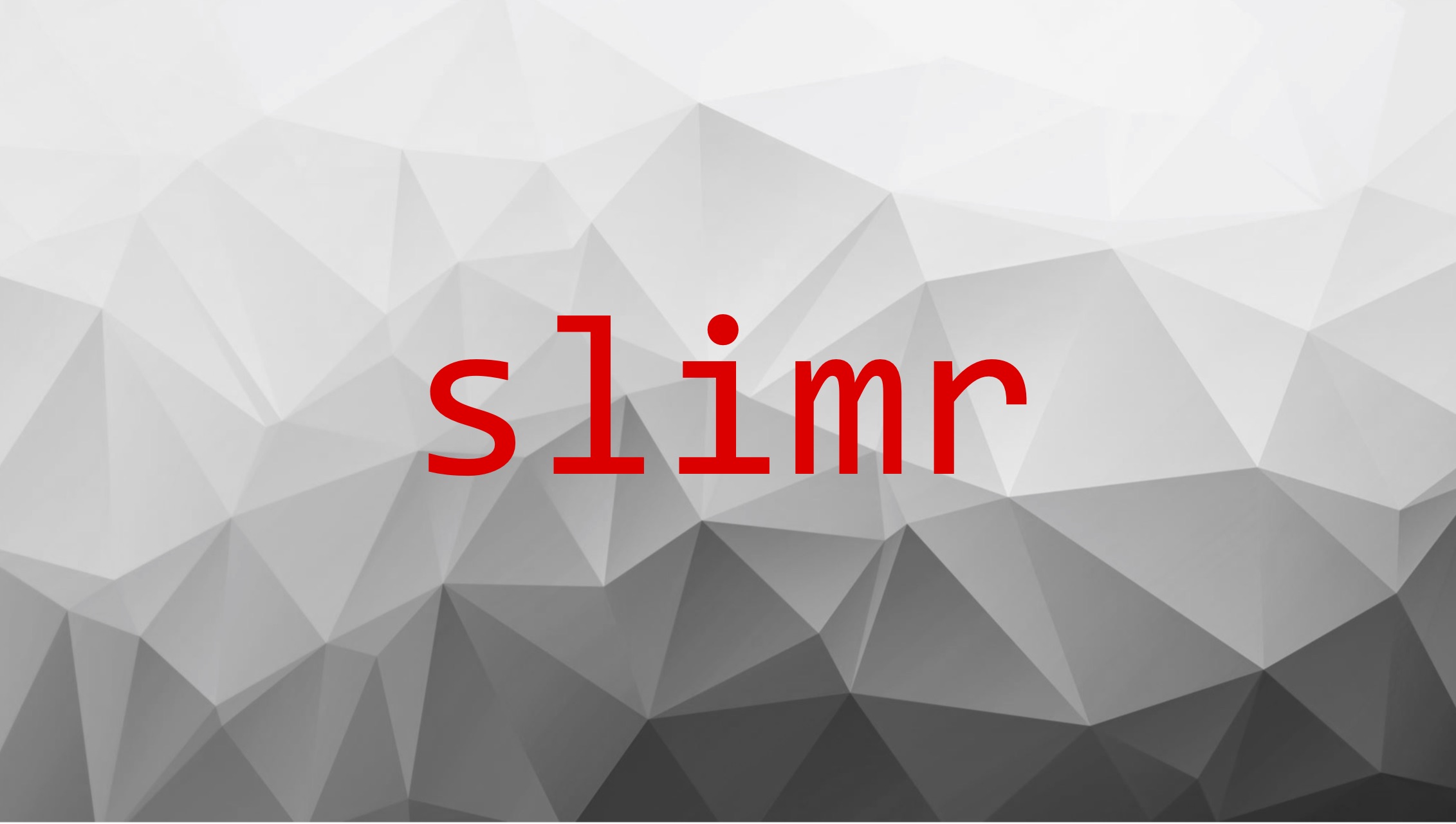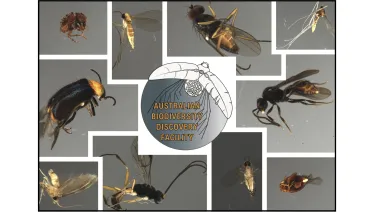slimr: Using R to integrate data and tailor-made population genomic simulations over space and time
This workshop will introduce slimr, a new development package for the R statistical programming environment designed to create a seamless link between SLiM and the R development environment, with its powerful data manipulation and analysis tools.
Speakers
Event series
Content navigation
RegisterDescription

Mathematical modelling and simulation is a critically important cornerstone of population genetic practice. At a fundamental level, empirical datasets demand analytical tool-kits that can accommodate their high complexity, and recent developments in sophisticated simulation software have the potential to provide insight into how basic evolutionary processes interact in complex scenarios. However, the most sophisticated simulation software is standalone and has limited integration with software designed for working with empirical data. For example, SLiM >3.0, which is one of the most powerful of the population genomics simulation frameworks for explicitly linking evolutionary dynamics with ecological patterns and processes, has a unique scripting language which limits its availability to many potential users.
In this workshop we will introduce slimr, a new development package for the R statistical programming environment designed to create a seamless link between SLiM and the R development environment, with its powerful data manipulation and analysis tools.
We will show how slimr facilitates smooth integration between genetic and ecological data and simulation in a single software environment. The combination allows the creation of pipelines that begin with data reading, cleaning, and manipulation, proceeds to the construction of empirically-based parameters and initial conditions for simulations, then to the running of numerical simulations, and finally to the retrieval of simulation results in a format suitable for comparisons with the empirical data – aided by advanced analysis and visualization tools provided by R (such as ABC and deep learning).
The workshop will include an introduction followed by a live tutorial, showing how slimr can be used to incorporate population genomic simulations into an empirical workflow, and presentations of two example projects that have already used slimr successfully.
Target Audience
Students or researchers interested in incorporating population genomics simulation into their research programs. Bring along your ideas and questions - anything you've ever wondered about in population genetics that you could learn about through simulation.
Prerequisites
- A basic understanding / interest in population genomics.
- Some familiarity with R would be beneficial.
Background reading
Haller, Benjamin & Messer, Philipp. (2019). SLiM 3: Forward Genetic Simulations Beyond the Wright-Fisher Model. Molecular Biology and Evolution. 36. 632-637. 10.1093/molbev/msy228.
Computing requirements and delivery mode
The workshop will be run using Rstudio Cloud, and so participants will need a computer with an internet connection in order to follow the tutorial live, and will need to sign up for a (free) Rstudio Cloud account. Invitations to join an Rstudio Cloud workspace will be sent to registered participants. You will not need to install SLiM or slimr on your own computer for the workshop.
It is possible to participate in the workshop face-to-face or online (a Zoom invitation will be sent after registration). However, depending on the number of online participants, the ability to respond to questions might be limited. All sessions will be recorded for later use.
Morning and afternoon tea will be provided, but participants will need to organise their own lunch at UC campus.
Schedule
|
9:00am |
Introduction and Getting Started tutorial |
Russell Dinnage |
|
10:30am |
Morning tea break |
(provided) |
|
11:00am |
Presentation: Effective Population Size Estimation - Insights from Simulations |
Bernd Gruber |
|
11:30am |
Presentation: What Simulations Can Reveal about Linked Selection
|
Luis Mijangos |
|
12:00pm |
Lunch break
|
(bring own or purchase on campus) |
|
1:00pm |
Advanced tutorial: How far can we go with slimr? Fully spatially explicit simulations and fitting data to simulations using Approximate Bayesian Computation. |
Russell Dinnage |
|
2:00pm |
Afternoon tea break |
(provided) |
|
2:30pm |
Casual Coding Session |
|
|
3:30pm |
Workshop end |
Links to workshop recording (passcode: uk5^G$z7) and code used during the workshop.
Location
Building 3, Level B, Room 12, University of Canberra - Map
Zoom invitation will be sent after registration




